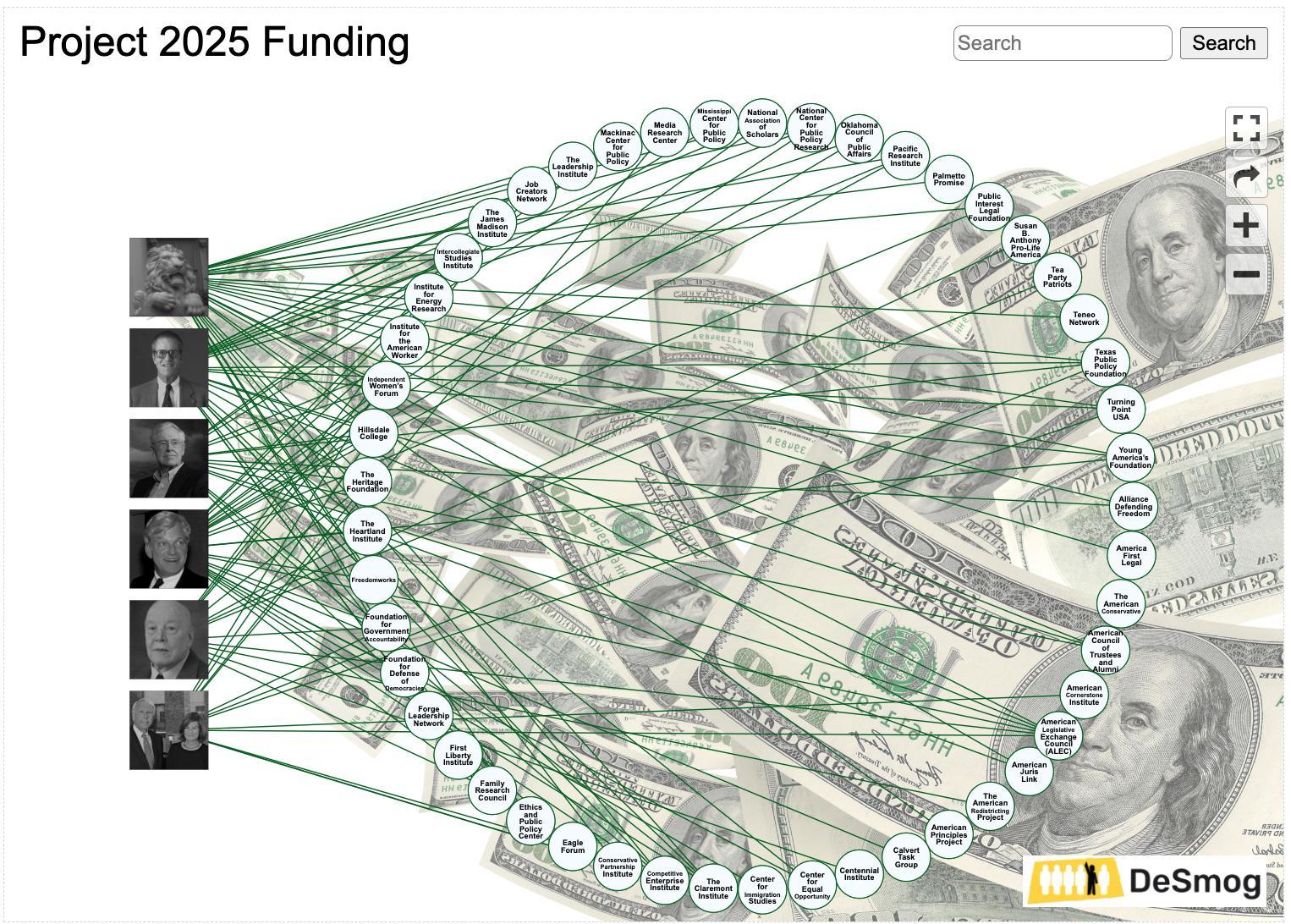VeganPizza69 Ⓥ
No gods, no masters.
- 18 Posts
- 60 Comments

“Everybody is drawn to water,” said Christopher Steubing, who heads the Texas Floodplain Management Association. “It becomes challenging when you’re telling people what they can and cannot do with their property. It’s a delicate balance, especially in Texas.”
Sure, just have a waiver then: no rescuers, no bailouts, no insurance. Like on a boat, you can get a free floating device and maybe some sealed food bags.
Determining what can be built on flood plains is largely left to local officials, who may feel uneasy about limiting what property owners do with their land — especially in a state like Texas, known for prioritizing personal liberty — for fear that doing so will harm the local economy or lead to retribution against them at the ballot box, experts said.
Again, end the subsidies in money and risk mitigation. Let them figure out flood-proof housing, maybe building on stilts.
“Fundamentally, disasters are a human choice,” said Paterson, who specializes in land use and environmental planning. “We can choose to develop in relation to high risk, or we can choose not to. We can stay out of harm’s way.”
See: Optimism bias
“States are the right level of government to do this because they’re close enough to their communities to understand what is needed in different parts of the state and to have regulations that make sense,” Rumbach said. “But they’re far enough away from local governments that we can’t have this race to the bottom where some places are just the Wild West, and they’re able to build whatever they want while others are trying to be responsible stewards of safety and lower property damage.”
Excellent point about that Race-to-the-bottom condition. But that’s also why a lot of people are moving to Texas, no? I’m not sure what the best strategies are to stop that race. I know that actually having serious regulations which are enforced usually stops the race to the bottom. Cooperation seems unlikely in this case. Having information about the situation would help, but the agencies that can build and provide that information are under attack by the new regime (if you want to buy a house in a flood plain, you should be able to check in a database if the location is at risk of flooding and then you don’t buy it because it would be reckless and stupid.)
Of course, actual solutions require things like “socialism”, such as social housing built in safe areas.

and the cars
I almost didn’t finish a PhD because of this. It’s like telling people about makes it feel like you’ve accomplished something and made some progress on it - when that’s factually wrong.
I’m sure that there’s a name for this phenomenon, something in psychology.

orbital farms
If you’re willing to put in that much effort, protected farms on land or even in seas would be more practical.

Optimism is for fools. Let me add a bit in the other direction: if most of the population became rural, then the work going on would be in rural activity. That sounds great until you realize that it requires a technological level that is similar to the pre-industrial life. And it’s not just machines, complex science goes away and medicine mostly goes away, because you can’t have that many specialists if everyone’s working in agriculture and horticulture. One of the consequences of that would be that all the people who depend on modern technology to live, directly, would have a problem with living: that goes from vision aids to all medical treatments to pharmaceuticals to vaccines to surgeries (start at: no C-Section) to managing all disabilities (that we can manage now).

Of course. I’m sure that you understand that less quantity also means that you eat less… or you plant more.

Tides go in, tides go out, never a miscommunication.

 2·4 days ago
2·4 days agolaughs in Vaadin

It’s not just climate, it’s the crop breeding specialists. The sector demands quantity over quality, like in many other scenarios, and the people who develop new cultivars tend to focus on that quantity. When we have regulations for nutrient density or the consumers demand it, we’ll see that change. Climate is adding to this problem, yes.
Note that it affects all biomass, including the second-hand sources of amino acids, lipids, sugars and other nutrients: animals.

 5·6 days ago
5·6 days ago

Which strawman is the nuclear energy lobby trying to defeat this time?
Across Europe, the median build time since the year 2000 has dragged out to almost a decade. But it’s not a problem with nuclear power per se; it’s a symptom of the west’s chronic inability to deliver large pieces of infrastructure, an ailment that affects everything from laying high-speed railway lines, to building new housing estates, to filling in potholes.
Ah, yes, the problem is all these regulations that checks notes reduce risk (increase safety):
(this safety:)
There’s also a perception that nuclear power is dangerous, yet the data show it’s as safe as wind and solar.
And
Elaborate backup systems won’t cut it, either.
Implying that nuclear energy is NOT an elaborate system is delusional.
Tim Gregory is a nuclear chemist at the UK National Nuclear Laboratory and author of Going Nuclear: How the Atom Will Save the World (Bodley Head).
Boomers

Far-right
in which case the climate is the target of attack.

The heat stress also makes CVD worse, for similar reasons.
We’ll probably learn about it from the Excess Death stats, but that also needs to be disentangled from the ongoing COVID-19 pandemic.
A physiological approach for assessing human survivability and liveability to heat in a changing climate https://www.nature.com/articles/s41467-023-43121-5

 3·12 days ago
3·12 days agoProof that this isn’t just austerity, this is a war on science.

You’d rather eat a bean with 6 pairs of legs instead of a bean with no legs?
the “insect farming” idea is mostly hype to get subsidies, as the demand is absent, the subsidized insect farming will just end up as concentrated feed for the usual vertebrate animal farming operations.

Found the pick-me vegetarian.

Is it increasing or is testing for it increasing + becoming more socially visible?









bicycles